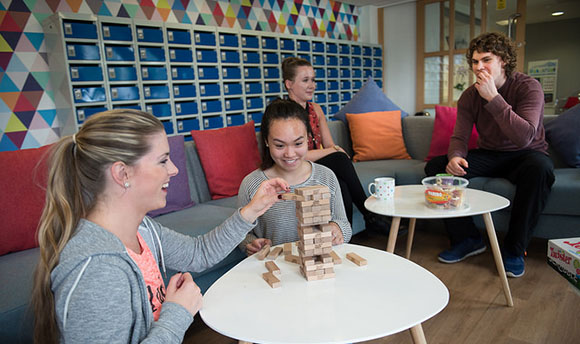In 2018, four schoolgirls had their application to participate in the junior spin-off of a famous cultural event rejected by a group of adult men, re-igniting long-held tensions in the Shetland Isles. As an islander concerned with the future progress and prosperity of my home, and as a public sociologist at QMU, I joined a local grassroots activist group to try to help tackle a local problem of inequality.
For over a century, calls for gender equality had gone unrecognised by organisers of the Lerwick Up Helly Aa (UHA) fire festival, a local event known worldwide for its evocative Viking imagery, eccentric ritual and enviable community spirit. Outside of the isles it is less widely known that UHA is not solely a Lerwick-centric event. Instead, UHAs take place across a dozen Shetland parishes each year beginning with the Scalloway Fire Festival in January – followed by Lerwick on the last Tuesday of that month – and ending with the Delting UHA in March. It is in the town of Lerwick however, that the celebration originated in the late nineteenth century and in recent years there has been considerable dispute regarding the exclusion of women and girls from public-facing roles associated with the celebrations of Lerwick UHA.
Raising issues of discrimination, misogyny, sexual harassment, tradition and civic responsibility, and the use of blackface had stirred up a hornet’s nest in the community, particularly on social media. Shetlanders – friends, neighbours, colleagues – on both sides of the controversy engaged in discourse running the full spectrum of emotions, (dis)respect and levels of informed debate. Along the way critical questions around local decision-making and hierarchies of power were raised, while comments in some arenas degenerated into racism, homophobia, transphobia, and white supremacy.
Public Sociology at QMU takes its cue, in part, from Michael Burawoy’s (2004) address For Public Sociology, though is more broadly concerned with taking critical approaches and academic knowledge outside of the university to engage with communities, excluded/ignored groups, social issue campaigns, and non-government organisations. We speak to and with these groups, or ‘publics’, in order to make meaningful contributions to ongoing public issues and social inequalities. An ethos rather than a strict discipline, Public Sociologists must often walk a line between academic and activist.
Grassroots activist group Up Helly Aa for Aa (‘all’) established a private Facebook group with 140+ members - a safe space to share experiences, resources, information, and support. Members vary in their backgrounds, education, politics, and activism; not all were born in or are necessarily currently living in Shetland (though the majority are). Despite being mainly new to this kind of campaigning, in the space of around five years members have: written several letters and opinion pieces for the Shetland Times newspaper and Shetland News website; contributed to radio discussion on BBC Radio Shetland; debated in an Althing community forum; brought the issue to the attention of national media; co-developed a creative project called Weemin’s Wark (‘Women’s Work) with Shetland arts organisation Gaada; submitted Freedom of Information requests to Shetland Islands Council and other institutions; conducted research from various sources in order to write and publish an academic paper, and; made several failed attempts to engage with the Lerwick UHA Committee directly.
Quite organically, Up Helly Aa for Aa had been undertaking forms of participatory action research in order to explore and bring attention to what we saw as institutionally approved gender discrimination, so that it could be challenged. These interventions were part of a wider, century-spanning collection of local attempts to critique and subvert the patriarchal acquisition of authority and privilege, and misused symbolism of an imagined Viking history.
In June 2022 the Lerwick UHA Committee finally broke its silence to announce that women and girls would no longer be excluded and instead it would be up to individual squads of guizers (who dress up in costume and perform skits as part of the festival entertainment) to decide their membership. This incredible turnaround also opens the door to women joining the Jarl Squad (the group who specifically dress in Viking-themed regalia) and eventually to there being a female Jarl (Viking chief) in Lerwick’s festivities. To date Shetland has only seen one female Jarl, in 2015’s South Mainland UHA event. Members of Up Helly Aa for Aa were invited to discuss this announcement on BBC Radio 4’s Woman’s Hour, and BBC Radio Scotland’s The Sunday Show. This apparent victory for inclusion came just weeks before Shetland’s first ever Pride event, and there is tentative optimism for a real social and cultural shift in the community. Progress comes with bumps along the way, of course, and there is still further engagement to be done.
The Public Sociologists at QMU believe in the power of dialogue and education, which we evidence in our collaborative work with publics on matters such as mental health, the environment and sustainability, access to education, LGBTQ+ unpaid carers, and more.
This is what social justice can look like at a local level, and Public Sociology can play a role in its pursuit.
Image credit: Andrew J Shearer. Licensed through Canva Pro.







